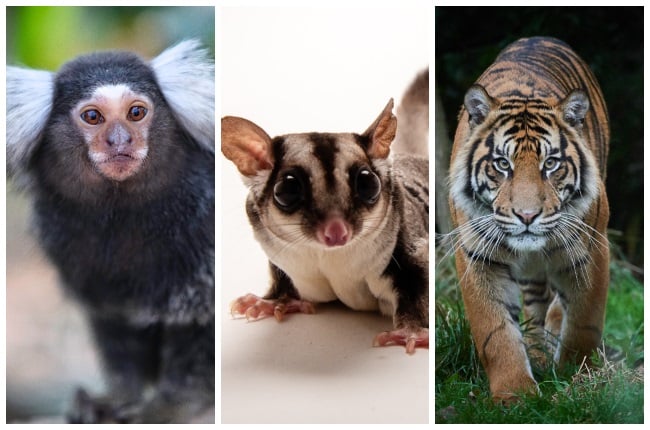Exotic pets can be a wonderful addition to a family, offering unique opportunities for learning and companionship. However, introducing these unique creatures to children requires careful consideration and preparation. This guide will explore how to safely introduce exotic pets to children, the safety measures to consider, and the educational benefits they can provide.
Introducing Exotic Pets to Children
Introducing an exotic pet to a child is a process that should be handled with care. Here are some steps to consider:
1. Education
Before introducing the pet, educate your child about the specific type of animal, its behaviors, needs, and how to properly handle it. Use age-appropriate books, videos, or websites to help them understand the pet's unique characteristics and requirements.
2. Supervised Interaction
Initial interactions between the child and the pet should always be supervised. Guide your child on how to approach and handle the pet gently and respectfully. Remember, some exotic pets may be fragile or easily stressed, and improper handling can lead to injury for the pet or the child.
3. Gradual Introduction
Don't rush the introduction process. Allow the child and the pet to gradually get used to each other's presence. Start with short, supervised interactions and gradually increase the duration as the child and pet become more comfortable with each other.

Safety Measures
When it comes to children and exotic pets, safety is paramount. Here are some safety measures to consider:
1. Choose the Right Pet
Not all exotic pets are suitable for households with children. Consider the pet's temperament, care requirements, and potential health risks. For example, some reptiles can carry salmonella, which can be harmful to children if proper hygiene practices are not followed.
2. Proper Handling
Teach your child the correct way to handle the pet to avoid injury to either party. Some exotic pets can be fragile, and improper handling can lead to harm.
3. Hygiene
Children should wash their hands thoroughly after handling pets, especially before eating. This can help prevent the spread of any potential zoonotic diseases.

Educational Benefits
Exotic pets can provide a range of educational benefits for children:
1. Learning About Different Species
Exotic pets can spark a child's interest in the natural world, encouraging them to learn more about different species, their habitats, and behaviors.
2. Responsibility
Helping to care for a pet can teach children about responsibility. Even simple tasks like helping to feed or clean the pet's habitat can be a valuable lesson in caring for others.
3. Empathy
Understanding and responding to a pet's needs can help children develop empathy. They learn to recognize that all creatures have needs and feelings, fostering a sense of respect and kindness towards all living things.

Conclusion
Exotic pets can be a wonderful addition to a family, offering unique opportunities for learning and companionship. However, it's important to choose the right pet, ensure safe interactions, and use the experience as a learning opportunity. With the right approach, an exotic pet can become a cherished member of the family and a source of endless fascination and joy for a child.
At Absolute Exotics SA, we understand the unique challenges and rewards of owning an exotic pet. We're here to support you every step of the way, providing education and resources to help you provide the best possible care for your exotic pet. Our commitment to animal care and exotic pet education is unwavering, and we're here to help you navigate the exciting world of exotic pet ownership.




